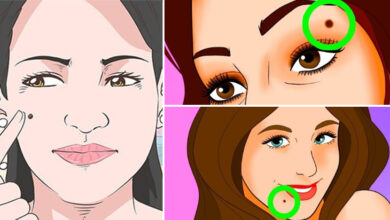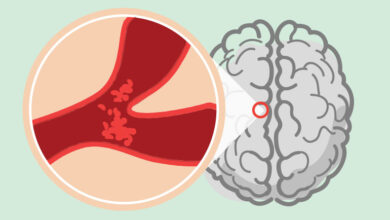The job of an antioxidant compound is to neutralize dangerous free radicals in your body, including your eyes. A few of the antioxidants that have been shown to be of particular benefit to your eyes include:
- Lutein
- Zeaxanthin
- Black currant anthocyanins
- Astaxanthin
Here, I will discuss lutein and astaxanthin in particular as they are potent allies in the prevention of eye problems.
11. Lutein Aids in the Protection of Your Central Vision
Macula lutea contain high concentrations of zeaxanthin and lutein.
It is believed that they have 2 important roles, and they are absorption of excess photon energy, and quenching free-radicals in the body before damaging the lipid membranes.
The miniature central part of the retina, called macula, is responsible for detailed and straight-ahead vision.
It contains the highest amount of lutein in our eyes.
In other words, lutein helps in the protection of out central vision.
This naturally occurring carotenoid can be found in orange and yellow fruits and veggies, as well as in green leafy veggies.
12.Foods and Their Lutein Content
13. Astaxanthin Protects Against 2 Leading Forms of Blindness
Lutein and zeaxanthin are very beneficial for our eyes, but science now reveals that the best carotenoid for the health of our eyes, and prevention of blindness is astaxanthin.
Astaxanthin is much more potent antioxidant that both zeaxanthin and lutein, and it has been discovered that provides protection from the following vision problems:
- Age-related macular degeneration (ARMD)
- Cataracts
- Diabetic retinopathy
- Retinal arterial occlusion
- Glaucoma
- Cystoid macular edema
- Venous occlusion
- Inflammatory eye diseases (scleritis, retinitis, keratitis, and iritis)
This antioxidant maintains proper eye pressure levels, and supports the visual acuity and energy levels of our eyes. Three of the leading causes of blindness in America are included in the list, and they are diabetic retinopathy, cataracts, and macular degeneration. This makes astaxanthin even more important.
An excellent source of astaxanthin and omega-3 fat is the krill oil, although there are many other astaxanthin supplements on the market ehose specific purpose is supporting the health of eyes.
If you decide to try astaxanthin, our advice is to begin with 2-4 mg a day. Those on a krill oil supplement should know that the concentration of astaxanthin is different in various krill products. Therefore, check the label.
Final Thoughts
The increased number of environmental contaminants and the reduction of the ozone layer expose our eyes to higher oxidation levels and more free radicals than in the past. What’s more, as we age, our body can’t produce the required antioxidant levels needed to counter the assault on our organs and tissues by various contaminants in food and water, pollution, pharmaceutical drugs, household chemicals, and high levels of stress on a daily basis.
14. Natural Strategies to Help Protect Your Vision
Before we tell you the nutritional factors that can help your vision, we will list several lifestyle strategies that will protect your eyesight as you age.
- Quit Smoking – Your body produces more free radicals if you smoke, which increases your risk of many health conditions, including impaired vision.
- Normalize Your Blood Sugar – If you have excessive blood sugar, it can pull fluid from your eye lens, thus reducing your focusing abilities. It also damages the retinal blood vessels and hinders the blood flow.
- Take Care of Your Cardiovascular System – Hypertension obstructs the free blood flow to the retina, damaging the tiny retinal blood vessels. Avoiding fructose is one of the best ways to maintain optimal blood pressure. The professor of medicine and the chief of the division of renal disease and hypertension at the University of Colorado, Dr. Richard Johnson, has conducted a research according to which 74 grams or more fructose on a daily basis, or two and a half sugary drinks, raises the risk of blood pressure levels of 160/100 mmHg by 77 %.
- Consume Kale and other Dark Green Leafy Vegetables. According to many studies, dark green leafy veggies support the health of eyes. People who consume vegetables rich in carotenoids, especially zeaxanthin and lutein, have improved vision health.
- Plenty of Healthy Omega-3 Fat. August 2001 issue of Archives of Ophthalmology discovered that omega-3 fatty acids have protective effects on our vision. However, because of the widespread fish farming and pollution, fish can’t be considered as the perfect source for omega-3 fats, unless its purity can be verified. The best alternative is krill oil, which includes astaxanthin in its content. This powerful antioxidant provides many health benefits for our eyes.
- Avoid Trans Fats. Increased intake of trans fats interferes with omega-3 fats in the body, thus contributing to macular degeneration. In order to protect your vision, avoid the following processed foods and baked good since they include trans fats in their content: fried foods like French fries, margarine, fried chicken and doughnuts, pastries, cookies, shortening, and crackers.
- Avoid aspartame. Aspartame poisoning can cause vision problems.




